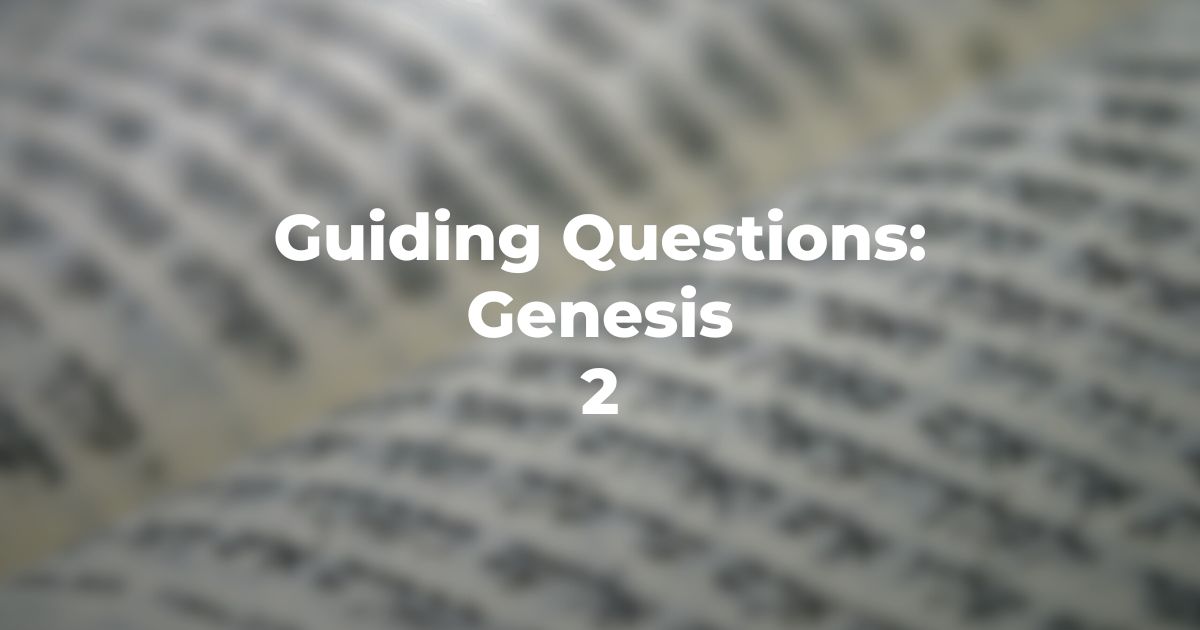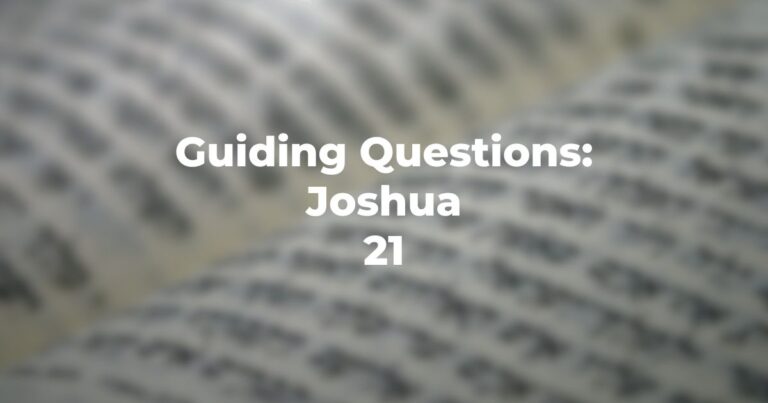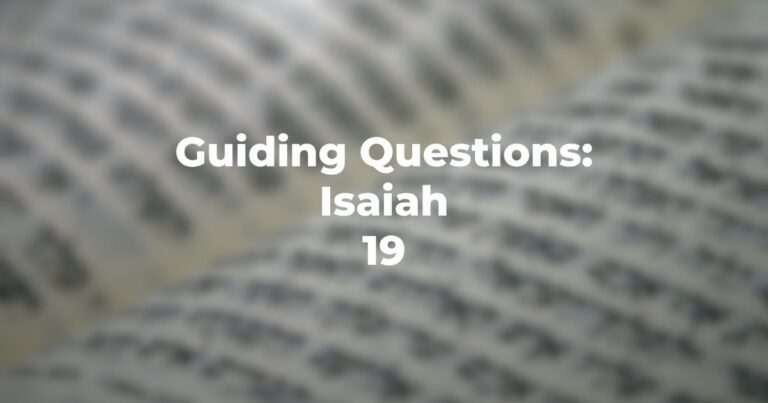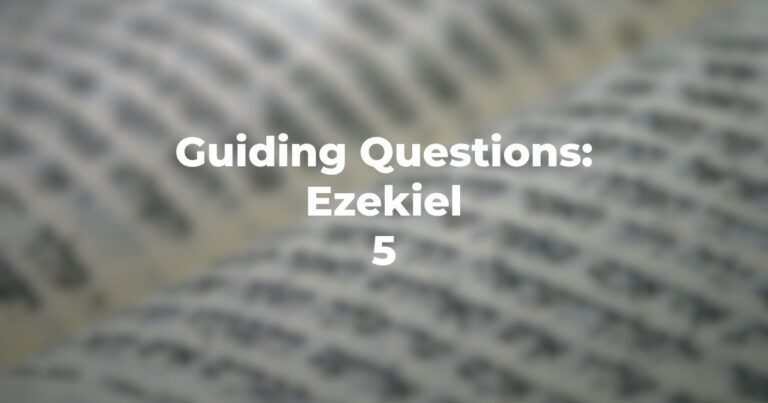- In verse 3, the phrase “va’yekadesh” is usually translated “made holy”. What would that phrase mean or, should it be understood as making that day unique because of its unusual nature?
- What is the cognomen of Divinity in Genesis 2:4 and how does it differ from the Name in chapter 1 and in the first three verses of chapter 2?
- Is this chapter another description of the creation story or is it the same story in a “synopsis form”?
- In Genesis 2:7, how does the creation of humanity differ in terms of the detail when compared with chapter 1?
- How, in Genesis 2:8, is the “planting of the garden” different from the general creation of foliage?
- In Genesis 2:9 there are two trees mentioned – both with the definite article: the tree of life and the tree of the knowledge of good and evil. Is there any definition of either or is it assumed that the reader was familiar with these “trees”?
- What is the difference between a “tree of knowledge” as such and a “tree of the knowledge of good and evil”?
- According to Genesis 2:15, what function does Adam (here the phrase is used for an individual and not for humanity) have in this garden?
- Is any reason given for the prohibition to Adam not to eat from the “tree of the knowledge of good and evil” – and if this is done, is the death described physical or of some other nature?
- According to Genesis 2:18, when humanity was created was it created male/female, male and female, or male only?
- Does Genesis 2:20 assume that a “help mate” or “partner” for man could be found in a different species?
- Do Genesis 2:21 and Genesis 2:23 specify that the creation of the female (or woman) was a direct derivative of a separate creation or a derivative of the man?
- In Genesis 2:24, is the initiative for connubalism taken by the man or by the woman – who goes to whom?
- Why, according to Genesis 2:25, was there “no shame” in nakedness? How does this relate to not (yet) consumed fruit of the “tree of the knowledge of good and evil”? Would that tree, then, presently furnish “valuation”?
Author
-

Exploring Judaism is the digital home for Conservative/Masorti Judaism, embracing the beauty and complexity of Judaism, and our personal search for meaning, learning, and connecting. Our goal is to create content based on three core framing: Meaning-Making (Why?), Practical Living (How?), and Explainers (What?).
View all posts





